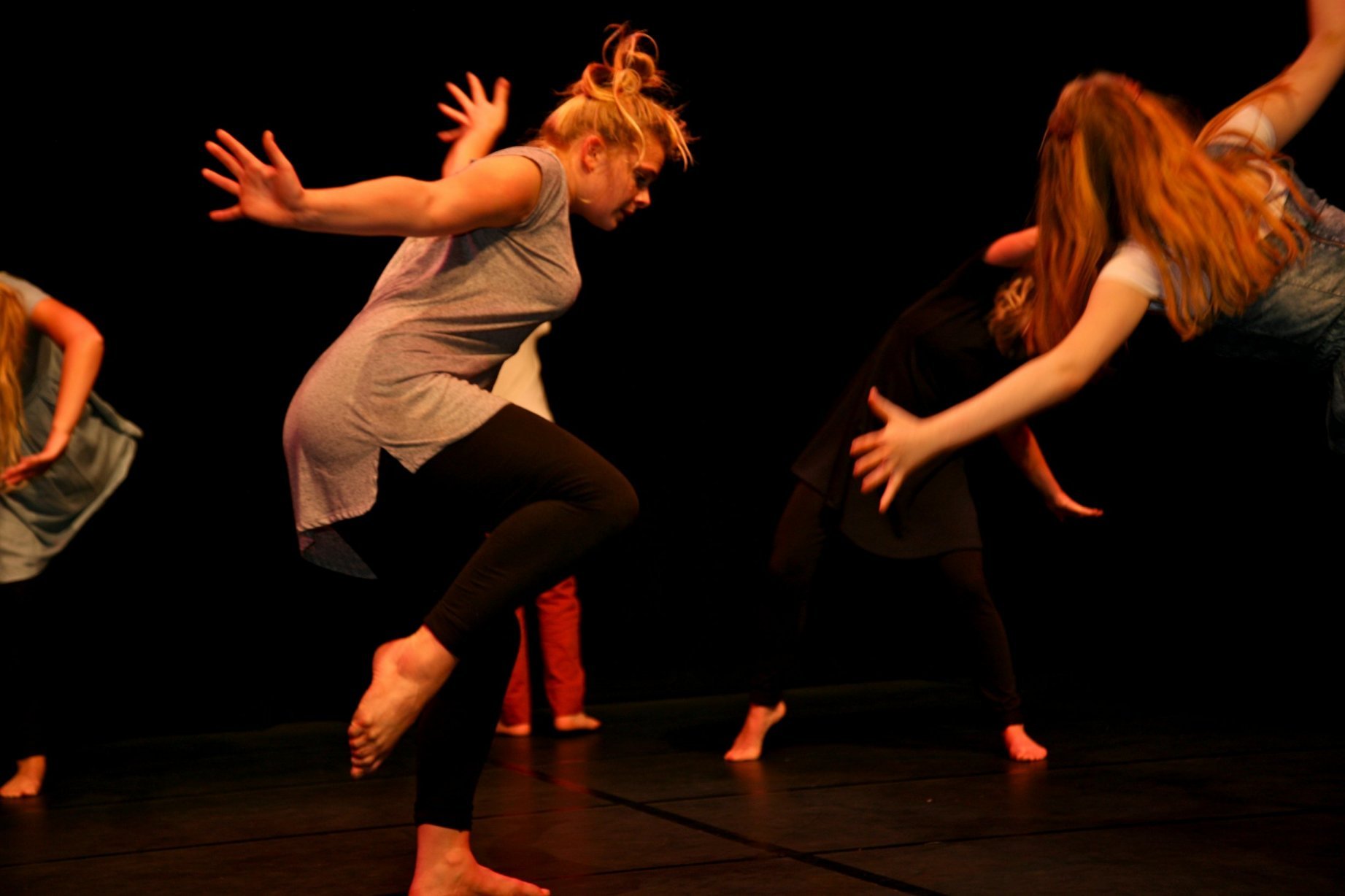
Photo: Sarah Daniels
Increasing creative options
With fewer students studying creative subjects at school, the UK’s Bridge organisations have taken on the challenge to promote the arts. Sarah Mumford explains what is happening in the Yorkshire and Humber region.
Creative subjects like music, art and design, drama, dance and media/film studies have been staples of the British curriculum for decades, but these subjects are now under pressure. Hours and budgets have been reduced, specialist teachers have been made redundant and there has been an overall national reduction in the take-up of these subjects at GCSE Level – mainly due to these options being stripped out completely.
Cutting out arts subjects
Since the introduction of the English Baccalaureate (EBacc) in 2010, schools have cut the arts in favour of core subjects including English, maths, science, humanities and modern foreign languages. While not a recognised qualification, the EBacc is used as a measurement of a school’s performance, and so a greater emphasis is now being placed on this suite of subjects that pupils are expected to pass at the end of Key Stage 4.
The reduction in numbers of young people taking up creative options is beginning to impact on the pipeline to the creative and cultural industries
Last year also saw the introduction of Progress 8 and Attainment 8, the Department for Education’s value-added metrics designed to reward schools for pupils who match or exceed their expected rate of progress from Key Stage 2 to GCSE in a selection of eight subjects. The impact of the EBacc combined with these Progress 8 and Attainment 8, recent education cuts and the continuing emphasis on STEM subjects (science, technology engineering and maths) are all contributing to the widely acknowledged squeeze on the arts.
While the Government has been discussing the future of EBacc for some time, no report has yet been produced regarding the findings of the March 2016 public consultation. In this vacuum, some schools are now structuring GCSE options in a way that makes it difficult for students to select more than one creative subject. Arts and technology-based courses are often placed in one option block, preventing pupils from taking more than one.
In North Yorkshire alone, the main arts subjects (art and design, music, drama and dance) have seen a year-on-year decline in GCSE take-up, falling by 7% between 2014 and 2016, and 20% for the take-up at A level over the same timeframe.
Cultural education challenge
This reduction is beginning to have an impact on the pipeline to the creative and cultural industries. In 2015, Arts Council England (ACE) launched the Cultural Education Challenge, a call for art, culture and education sectors to work together to offer consistent, high-quality education for children and young people both in and out of school.
As one of ten Bridge organisations across the UK selected to respond to this challenge, we at IVE are supporting the establishment of local cultural education partnerships (LCEPs) throughout Yorkshire and the Humber. These partnerships are designed to ensure that schools promote the arts, and not demote them. They also reach out to families to reassure them that arts and cultural activities are good for their children.
Regional initiatives
In our area we have been supporting the establishment of partnerships between education and arts and cultural organisations, including the following:
- The Artsmark programme: We are working with schools and arts and cultural organisations across Hull, so that all schools are committed to getting an Artsmark.
- York Culture Pledge: We are working with primary schools across York to audit their existing arts and cultural offer and provide them with opportunities to work with artists, visit galleries and museums, and create works of their own.
- Arts Awards: We are working to encourage arts and cultural organisations and schools to offer Arts Awards to children and young people and have secured 100% of major partner museums in Yorkshire and the Humber as Arts Award supporters.
- Local information websites: We are supporting some local cultural education partnerships (LCEPs) to create locally based websites signposting young people, carers, parents and teachers to arts and cultural opportunities available for children and young people. Bradford’s website will be launched in September.
- Advocacy tools: We are working to develop advocacy tools to promote the value and impact of arts and cultural engagement.
Transforming learning
We aim to plug the skills gap now being felt by the creative industries in other ways too by nurturing emerging talent and unlocking creative potential in young people. While we understand that no two schools are the same, we have a wealth of experience in establishing creative learning environments that allow staff and pupils to improve the quality of their curriculum across all subjects.
Combining creative teaching techniques with coaching, mentoring and personal development, we have been able to transform learning in schools both across the region and nationally.
Sarah Mumford is Cultural Education Director at IVE.
www.weareIVE.org
Twitter: @IVEsupportIVE
Join the Discussion
You must be logged in to post a comment.